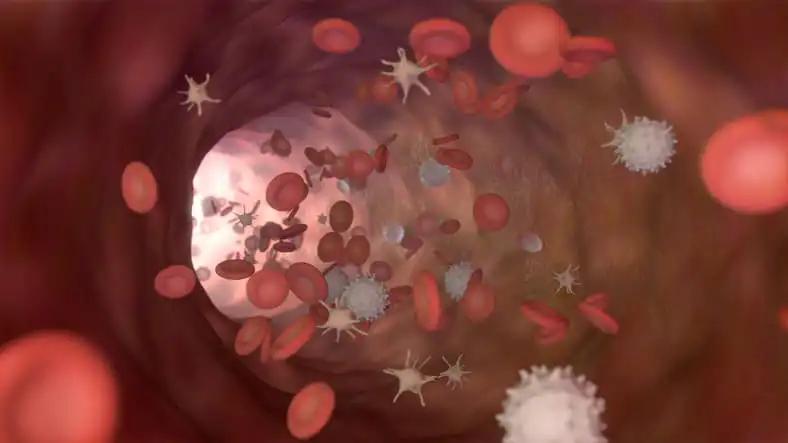KEY TAKEAWAYS
- The study aimed to explore strategies to leverage the complete anti-tumor potential NK cell subsets in cancer therapy without developing resistance.
- The IFNγ induced tumor resistance via MHC-I upregulation; combination therapy restored NK cell antitumor response.
Immune checkpoint blockade targeting the adaptive immune system is emerging as a revolutionary treatment for cancer. Irrespective of robust clinical benefits, patient subgroups remain non-responsive highlighting the necessity for designing combinatorial therapies harnessing additional immune cells.
Natural killer (NK) cells are rising potential tools for cancer therapy. Only certain subpopulations of NK cells, regulated by inhibitory receptors, demonstrate reactivity against specific cancer types.
Tomáš Hofman and the team aimed to explore strategies to leverage the complete anti-tumor potential NK cell subsets in cancer therapy while avoiding the emergence of NK cell-resistant tumor cells.
Researchers performed a genome-wide knockout using CRISPR/Cas9 for screening the resistance in tumourigenic cells co-cultured with human primary NK cells in melanoma samples. They comprehensively evaluated factors regulating tumor resistance and susceptibility by focusing on NK cell subsets in an allogeneic setting. Additionally, they tested therapeutic blocking antibodies currently used in clinical trials.
Results revealed that melanoma cells deficient in antigen-presenting or IFNγ-signaling pathways were depleted in remaining NK cell-co-cultured melanoma cells and displayed enhanced sensitivity to NK cells. Treatment with IFNγ induced potent resistance of melanoma cells to resting, IL-2-cultured, and ADCC-activated NK cells, which relied on B2M required to express both classical and non-classical MHC-I.
The IFNγ-induced expression of HLA-E mediated the resistance of melanoma cells to the NKG2A+ KIR- and partially to the NKG2A+ KIR+ NK cell subset. The expression of classical MHC-I by itself was sufficient for the inhibition of the NKG2A- KIR+, but not the NKG2A+ KIR+ NK cell subset. Treatment of NK cells with monalizumab, an NKG2A blocking mAb, enhanced the reactivity of a corresponding subset of NK cells.
The combination of monalizumab with lirilumab, blocking KIR2 receptors, together with DX9, blocking KIR3DL1, was required to restore cytotoxicity of all NK cell subsets against IFNγ-induced resistant tumor cells in melanoma and tumors of different origins.
The study concluded that IFNγ induced the resistance of tumor cells via upregulating classical and non-classical MHC-I.
Furthermore, it provided deeper insight into NK cell subset reactivity and proposed a therapeutic strategy involving the combination monalizumab/lirilumab/DX9 treatment restoration of the antitumor response across NK cell subsets.
The study was supported by a network grant from the European Commission, the German Research Foundation, and the German Cancer Aid translational oncology program “NK fit against AML”.
Source: https://pubmed.ncbi.nlm.nih.gov/38955423/
Hofman T, Ng SW, Garcés-Lázaro I, et al. (2024). “IFNγ mediates the resistance of tumor cells to distinct NK cell subsets. J Immunother Cancer.” 2024 Jul 1;12(7):e009410. doi: 10.1136/jitc-2024-009410. PMID: 38955423.



